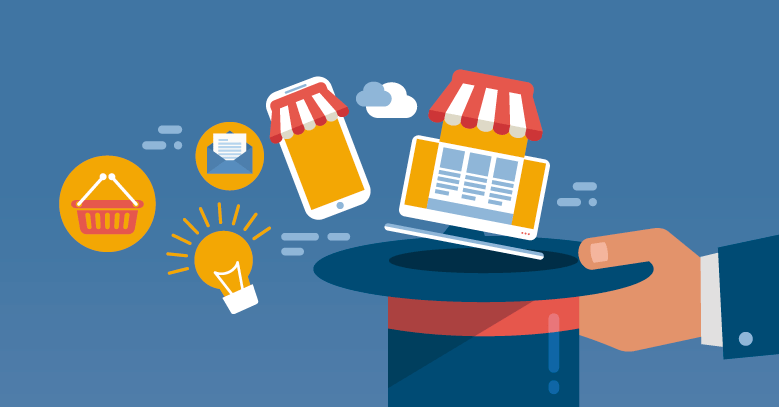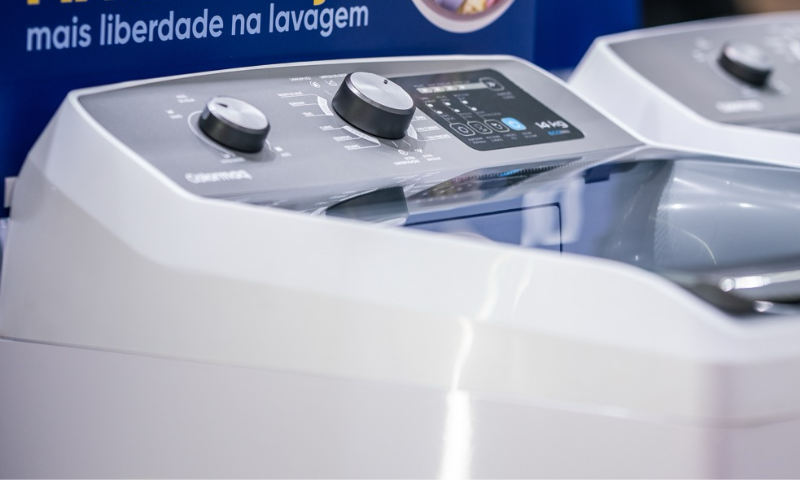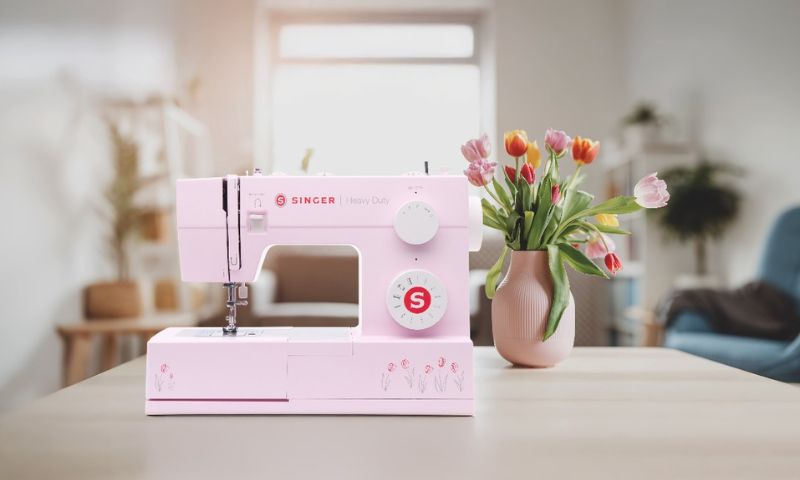
Retail: Irreversible changes
By Leda Cavalcanti
Many of the changes brought about by Covid-19, which have affected companies and consumers, are irreversible. They anticipated trends, such as the integration between physical and digital retailing, which would occur in a few years due to the market dynamics itself and led the consumer to transfer a large part of the functions he performed at the point of sale to the online environment. “He, who used to go to the store to know the product, compare, see price and delivery time, has started to do this in the digital world. He searches in depth what he wants to buy and thus reduces his time in the store and the dialogue with the seller. It is an extremely important change,” says the consultant Eugenio Foganholo, director of Mixxer and coordinator of the Eletromóveis Retail Strategy Group (Grupo Estratégico do Varejo de Eletromóveis, Geve).
Being in the digital world is essential for the store, declares Eugenio. “The transaction process is as important as that of information in the digital world. Those who do not prepare themselves lose sale. It is on digital environment that the consumer chooses the product, the store and makes the contact through WhatsApp or Instagram. The experience makes the purchase easier. It was the consumer behavior that guided the digital and boosted this change”. The pandemic has also brought to light factors such as productivity and profitability. It became clear that it is necessary to improve the performance of existing points of sale and not only open new ones. “What takes the consumer to the store is the adequate portfolio to the demand, the launches, and the absence of rupture. The price issue has lost the importance,” he adds.
The retail challenge now is to have a management that can look at the various aspects and perform them properly to offer the best experience to the consumer, which passes through the supply channel, digital media, website, and delivery on time promised. “It is a set of actions that include taking care of the rupture, technical assistance, having a fair price, and fast and affordable credit. The physical store does not loose importance, it is the consumer’s human contact point. A good part of them values it. On the online retail, they are the ones who make the buying journey, but in the physical store is the layout that proposes it. There can be no boundary between the physical and the digital”.
The physical stores should be, increasingly, points of experimentation, services and collection and withdrawal of goods, with clean and pleasant environments, which show harmonized products and have a fair price.

Model of coexistence
New habits adopted in the pandemic, such as working from home and studying or tutoring remote schools, are here to stay. “All this way of life is based on electronics products, which drives the digitalization. The connectivity with the Internet is essential in this model and has put the electronics at the top of the list of products that will continue to be acquired. They are part of the new way of coexistence,” says Fernando Gambôa, Consumer and Retail partner-leader at KPMG in Brazil and Latin America.
Another change was to enable the creation of a perfect connection for the industry to interact with the consumer, says Fernando. “The industry, which has always been reluctant to sell to the final consumer, now has access to LGPD (Brazilian General Data Protection Law) data, which gives it essential feedback. The model implies creating urban logistics, but it is certain that a horizon has opened and will be incorporated. The channel can represent from 7% to 10% of sales. It is an important change in the ecosystem.”
Personal safety has also become a priority. The consumer wants to avoid the contagion of Covid-19 in the physical stores or in the receiving of products he has bought online. This is what the study “Consumers and the new reality”, produced by KPMG, shows, which heard more than 70 thousand people in Brazil, Australia, Germany, Canada, China, United States, Spain, France, Hong Kong, Italy, Japan, and United Kingdom. “Companies will need to focus on understanding these changes to create experiences that awaken the interest of consumers, as well as continue to invest in protocols and measures to ensure safety in the physical space,” explains Fernando.

Constant innovation
The pandemic has basically intensified the process for digitalization, says Paulo Ferezin, partner-leader in the retail segment at KPMG. “It also identified the need for faster logistics and showed a more customer-focused industry, both in direct selling and digital platforms. Industry and retail are complementary. The first one puts the products on the display window, because the retailer does not buy everything. This accommodation exists naturally. Logistics is a difficulty, and retail, in turn, has capillarity. There has been a great transformation in marketing”.
The retail challenge now is to have a management that can look at the various aspects and perform them properly to offer the best experience to the consumer, which passes through the supply channel, digital media, website, and delivery on time promised.
Traditional retailing remains firm, even with the changes. However, it may be necessary to reduce the number of units. “Each store will have to adapt and reinvent its space. The biggest challenge is to review its role, the portfolio of products and services to become a differentiated digital experience. It will provide experience, not in the transactional part, but in aggregate services. It is a constant process of innovation. Some experiences are being made to find the best way, but we still do not have the store of the future”, explains Paulo.

The physical stores should be, increasingly, points of experimentation, services and collection and withdrawal of goods, with clean and pleasant environments, which show harmonized products and have a fair price, says the partner-leader of the Retail segment at KPMG. “The continuity of the physical store is also supported by the real need of the consumer to see the product. There is, yet another aspect to be considered, because today a relevant part of the population buys through direct credit. We must look at Brazil with its territorial dimension. We need the system pulverized. The digital has focus on large centers”.
The study “Consumers and the new reality”, produced by KPMG, which heard more than 70 thousand people in 12 countries, shows that safety has become a priority for the consumer. He wants to avoid the contagion of Covid-19 in the physical stores or in the receiving of products he has bought online.
Source: Eletrolar News Magazine 140





